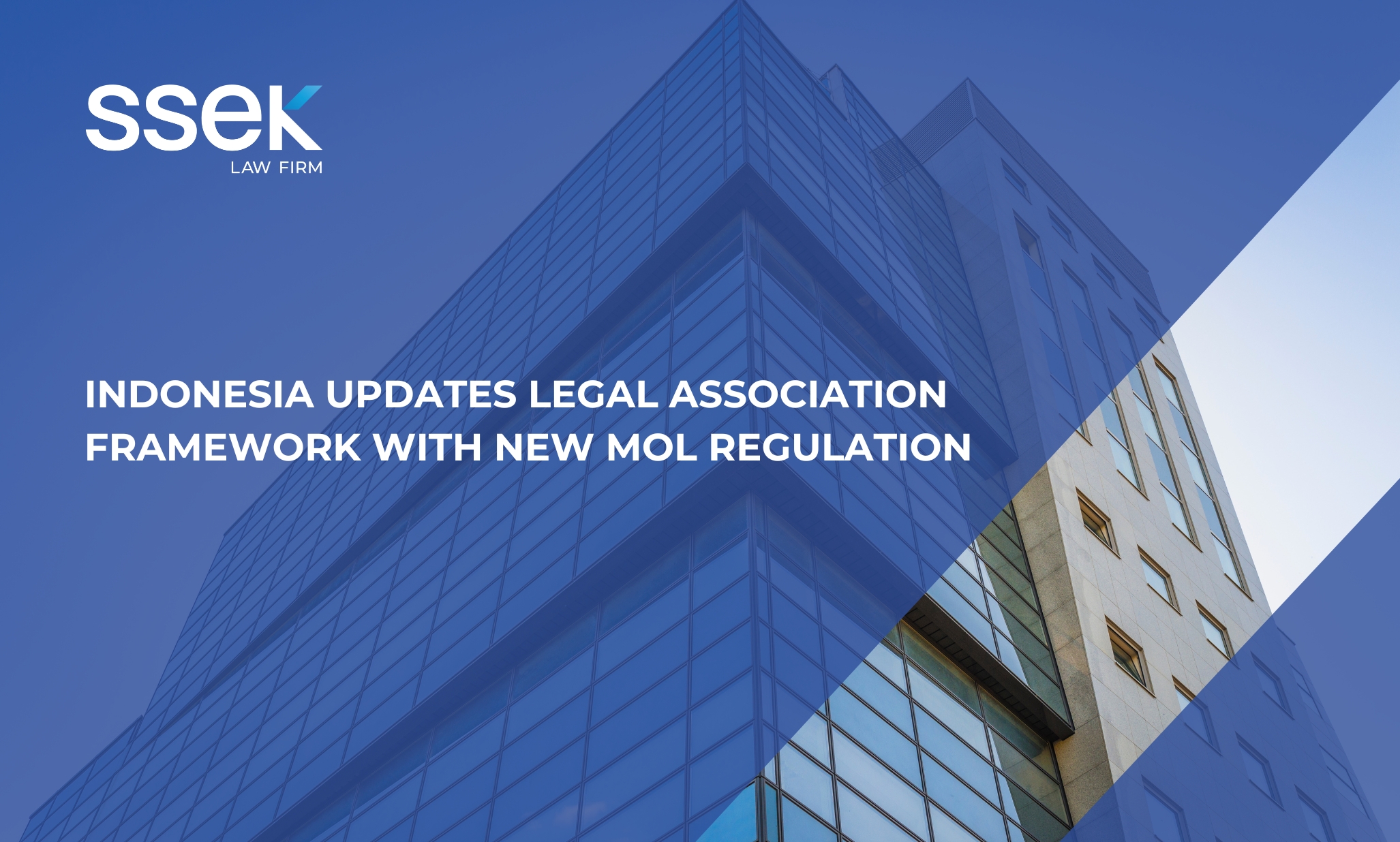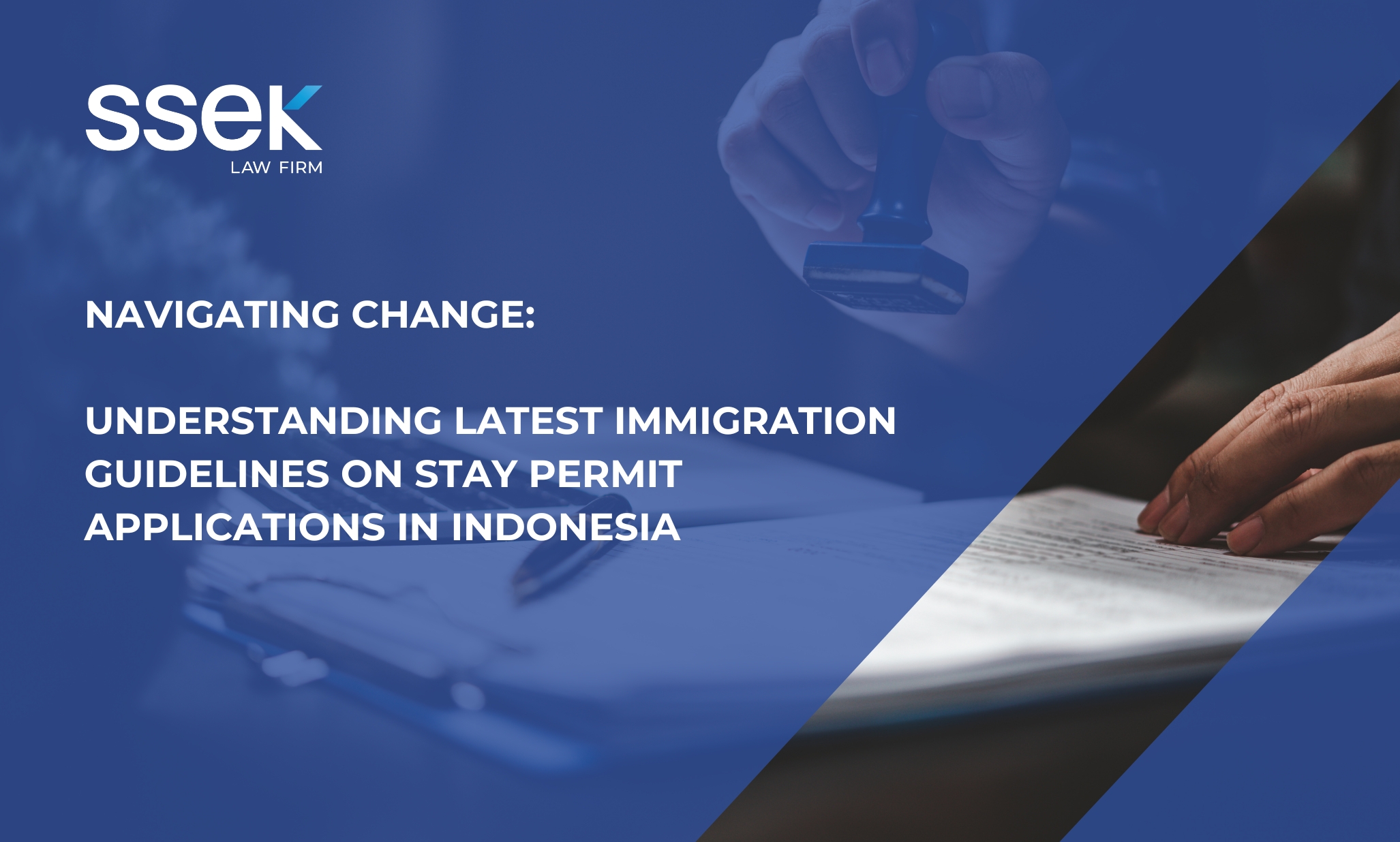

There has been some noise recently about the Indonesian Government's intention to open investment opportunities for foreign universities. The chairman of the Indonesian Investment Coordinating Board (Badan Koordinasi Penanaman Modal or "BKPM"), Thomas Lembong, said in early 2019 that the government was considering changes to the foreign capital investment rules for foreign universities.
According to Lembong, the considered changes would pave the way for foreign universities to open campuses in Indonesia. The Government of Indonesia ("GOI") views the large number of Indonesian students who go overseas to study as lost state revenue. So, the GOI is contemplating changes that would provide a way for foreign universities to open campuses here, so Indonesian students would no longer have to go abroad to pursue degrees from their dream universities.
If these changes are realized, and foreign universities are able to open campuses here, we would expect to see an increase in employment opportunities in Indonesia's education sector, particularly in the higher education sector.
Indonesia Simplifies Immigration and Work Permits for Foreign Workers
The GOI has recently simplified immigration and work permit procedures for foreign nationals intending to reside and work in Indonesia. The Indonesian Government on March 26, 2018, issued Presidential Regulation ("PR") No. 20 of 2018 ("PR 20") regarding Expatriate Manpower Utilization, revoking PR No. 72 of 2014. The enactment of PR 20 resulted in the integration of the Indonesian immigration and work permit application systems into the TKA Online system, which simplifies the application procedure.
Following the issuance of PR 20, the Minister of Manpower ("MOM") issued MOM Regulation No. 10 of 2018 regarding Procedures for the Utilization of Expatriate Manpower dated July 11, 2018 ("MOM Reg. 10/2018"), and the Minister of Law and Human Rights ("MOLHR") issued MOLHR Regulation No. 16 of 2018 regarding Procedures for Granting Visas and Stay Permits for Expatriate Manpower dated July 27, 2018 ("MOLHR Reg. 16/2018").
The most fundamental change from the previous regime for expatriate permits is that there is no longer an Expatriate Manpower Employment Permit (Izin Mempekerjakan Tenaga Kerja Asing or "IMTA"), and an Expatriate Manpower Utilization Plan (Rencana Penggunaan Tenaga Kerja Asing or "RPTKA") approved by the MOM, previously a prerequisite document to obtain an IMTA, is now considered the permit to employ expatriate manpower.
The RPTKA, however, does not automatically permit employers to employ expatriates, as they must still obtain a document called a "Notification" from the MOM, which basically approves the employment of expatriate workers in Indonesia. A Notification also serves as a basis to obtain a Limited Stay Visa (Visa Tinggal Terbatas or "VITAS") and Limited Stay Permit (Izin Tinggal Terbatas or "ITAS").
It is also less time-consuming to obtain the necessary permits under the new regime. With the previous regime it took six business days by law and often weeks in practice to obtain the RPTKA and IMTA. Now applicants can obtain these permits in no more than four business days (two business days for each document). Another major change relates to the validity period of a work permit, where now both the RPTKA and Notification must follow the duration of employment stated in the employment contract.
Employment of Expatriates in Indonesia's Higher Education Sector: What to Know
Not only must expatriate employees comply with the above rules, but they also need to follow more specific regulations on the employment of expatriates in the higher education sector in Indonesia.
MOM Decree No. 40 of 2012 regarding Certain Positions that Are Restricted for Expatriates lists positions that cannot be filled by foreign workers. In addition to this decree, the MOM has issued 19 decrees for specific sectors, including the education sector, that list those positions allowed for expatriates. Positions not included in these lists may not be filled in by expatriates working in Indonesia.
For the education sector, the MOM lists positions that can be held by expatriates in MOM Decree No. 462 of 2012 regarding Positions Allowed to Be Occupied by Expatriates in the Education Service Sector ("MOM Decree 462"). MOM Decree 42 sets out those positions open for expatriates, as follows:
| No. | Position | No. | Position |
| 1. | Islamic Lecturer | 23. | Information System Lecturer |
| 2. | Biblical Ethics Lecturer | 24. | Information Technology Lecturer |
| 3. | Korean Language and Culture Lecturer | 25. | Analytical Chemistry Lecturer |
| 4. | Academic Coordinator | 26. | Japanese Culture and Literature Lecturer |
| 5. | Arabic Lecturer | 27. | Computer Lecturer |
| 6. | Dutch Lecturer | 28. | Psychology Counseling Lecturer |
| 7. | Mandarin (Chinese) Lecturer | 29. | Linguistics Lecturer |
| 8. | English Lecturer | 30. | Cross-Cultural Lecturer |
| 9. | Italian Lecturer | 31. | Special Needs Lecturer |
| 10. | Japanese Lecturer | 32. | Business Management Lecturer |
| 11. | Spanish Lecturer | 33. | Management Lecturer |
| 12. | Turkish Lecturer | 34. | Strategic Management Lecturer |
| 13. | Management Lecturer | 35. | Marketing Lecturer |
| 14. | Biophysics Lecturer | 36. | Mathematics Lecturer |
| 15. | International Economics Lecturer | 37. | Music Lecturer |
| 16. | Computer Science Lecturer | 38. | French Lecturer |
| 17. | Psychology Lecturer | 39. | Research Lecturer |
| 18. | Philosophy Lecturer | 40. | English Literature Lecturer |
| 19. | Physics Lecturer | 41. | Informatics Lecturer |
| 20. | International Relations Lecturer | 42. | Electrical Engineering Lecturer |
| 21. | Information Lecturer | 43. | Industrial Engineering Lecturer |
| 22. | Theology Lecturer | 44. | German Lecturer |
The MOM is now in the process of drafting and finalizing a draft decree that lists all of the positions from various business sectors that can be filled by expatriates in Indonesia. We will provide a further update once the MOM decree is issued.
This publication is intended for informational purposes only and does not constitute legal advice. Any reliance on the material contained herein is at the user's own risk. You should contact a lawyer in your jurisdiction if you require legal advice. All SSEK publications are copyrighted and may not be reproduced without the express written consent of SSEK.









